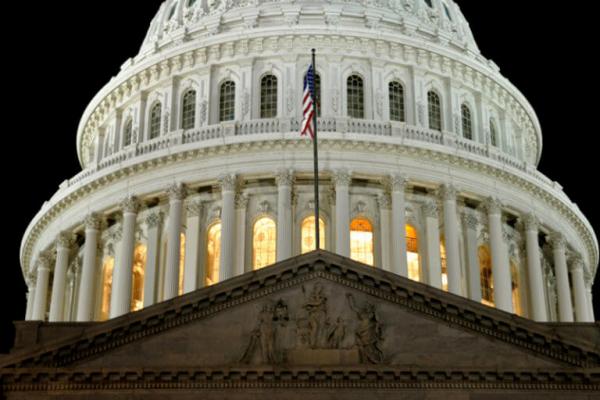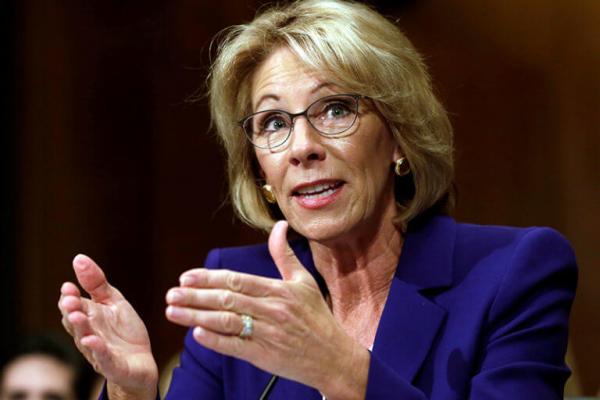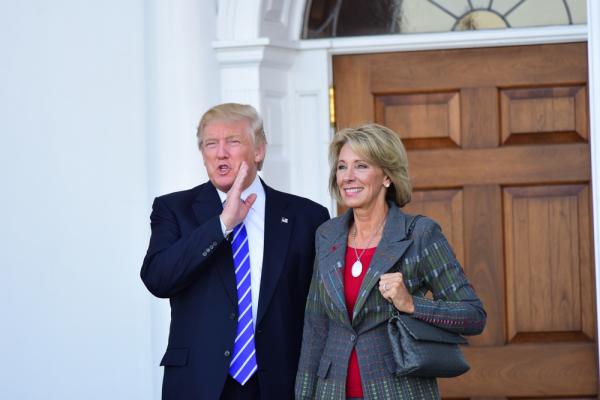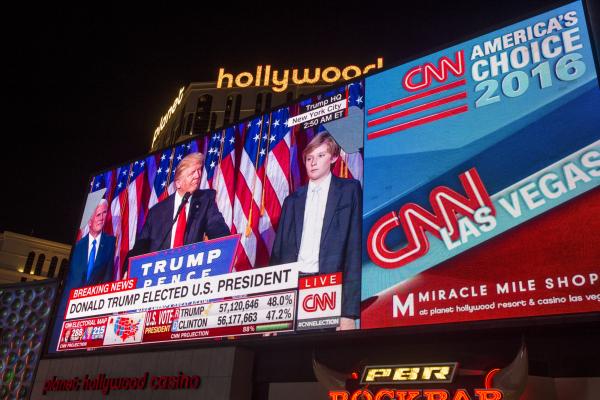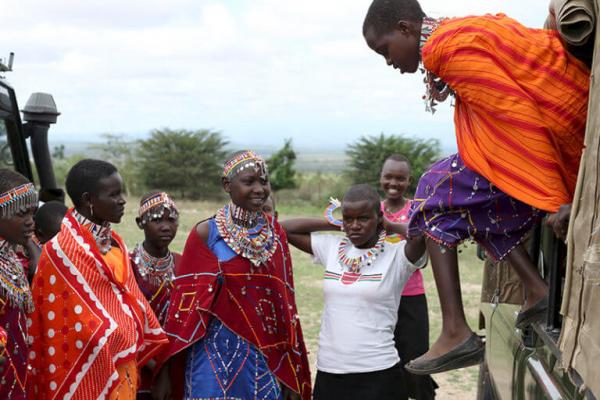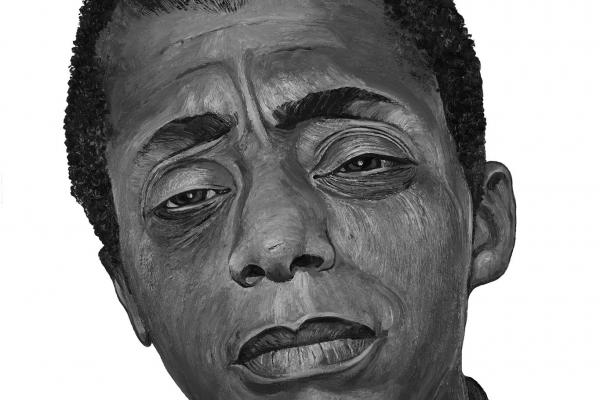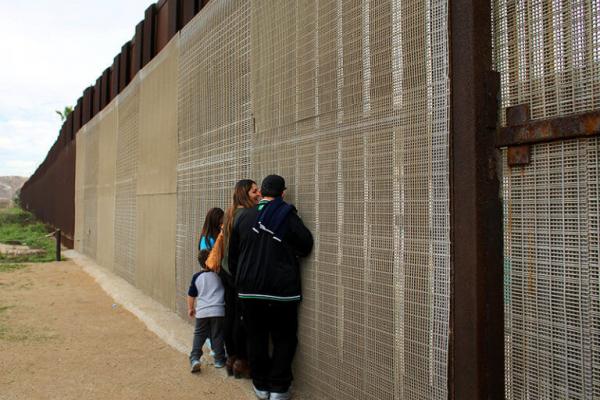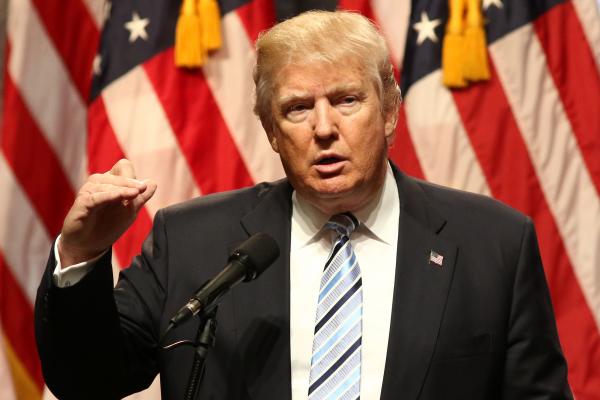The day before President Trump used his remarks at the National Prayer Breakfast to promise a repeal of the Johnson Amendment, a bill was introduced in Congress to effectively do that. It has not yet been scheduled for debate or a vote.
The Free Speech Fairness Act is being touted as a “fix” to the Johnson Amendment, a 1954 law that prohibits nonprofits from engaging in politics. But how much of a fix would the act be? Would it offer a First Amendment right of free speech to clergy — or trample the same First Amendment’s guarantee of a separation between church and state?
The position for which Betsy DeVos has been nominated — secretary of education — is one of the least powerful in the Cabinet, in terms of its budget and position in the line of succession to the presidency.
And yet, after a confirmation hearing in which she struggled to answer questions, some Senate offices have received more calls opposing DeVos than any other nominee.
All 48 Democratic senators and two Republicans — Sen. Lisa Murkowski and Sen. Susan Collins – opposed her when her nomination came to a vote on Feb. 7. Vice President Mike Pence cast a tie-breaking vote.
In an effort to stop the confirmation of Betsy DeVos as secretary of education, Senate Democrats spent Monday night and Tuesday morning speaking on the Senate floor about DeVos’ inexperience and the havoc she could wreak if confirmed. With Sens. Lisa Murkowski (R-Alaska) and Susan Collins (R-Maine) flipping to "nos," Senate Democrats need one more vote against DeVos in order for her nomination to be rejected. The vote is slated for midday Tuesday.
As a teacher of environmental education, I need to stay informed. But as a mother and writer, I need to stay grounded so I can advocate for justice for my children over the long haul. If my father could give up talking about George W. Bush for 40 days, could I take a Trump Sabbath and fast from the headlines for 24 hours?
Clutching a Bible in one hand and a walking stick in the other, Pastor Stephen Lenku Tipatet traverses the plains of Kajiado County, fighting female circumcision and propounding on the Christian gospel.
The region is the homeland of the Maasai, an indigenous community in Southern Kenya and northern Tanzania. The community has resisted modernity and Western influences, and clings to their traditional way of life, including the practice of female genital mutilation, or FGM.
While the ban remains inactive after the Ninth Circuit Court of Appeals denied the U.S. government’s request to resume travel restrictions, legal challenges by Trump’s administration will continue. Christians must join in solidarity with our refugee brothers and sisters and continue to denounce both the ideology and methodology of the ban.
Though the words were written decades ago, it’s both astounding and shameful that Baldwin’s writings explain the past yet sound like they could have been published last week. Peck tackles Baldwin’s writing by topic, from American identity to stereotypes and representation in popular culture, alienation from a church Baldwin claims is refusing to practice selfless love, and white denial of the brutality faced by civil rights protesters.
Instead of classifying people as refugees, immigrants, “illegal” immigrants, Muslims, Iranians, or whatever other association we use to judge people, God wants us to see humanity as fellow loved ones, children of God.
President Trump’s proposed border wall with Mexico raises serious questions about America’s moral standing, as the poor would bear the brunt of the suffering, a leading Catholic theologian says.
The Rev. Daniel G. Groody, an associate professor of theology at Notre Dame University in Indiana, said the wall would lead to a loss of life, as migrants are forced to find other ways to escape poverty across the border.
“What Trump fails to see is that state sovereignty is not an absolute privilege, but a moral responsibility,” said Groody.
The language of the order protects tax-exempt status for groups following a very particular set of religious beliefs, those often tagged closest to conservative Christian theologies. Yet the draft also defines “religious exercise” broadly, providing cover for “any act or refusal to act that is motivated by a sincerely held religious belief, whether or not the act is required or compelled by, or central to, a system of religious belief.” These parameters would leave the law open to unprecedented discrimination and human rights abuses.
